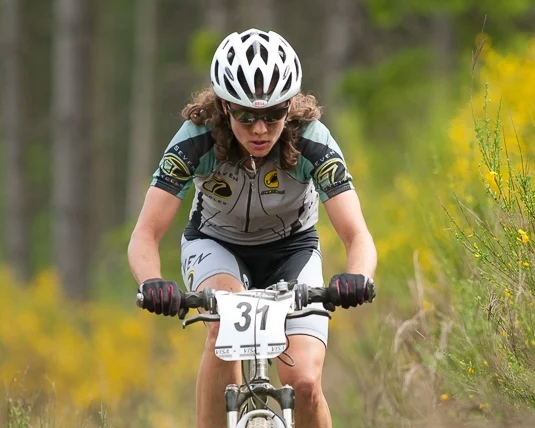The Cultivated Pitch Deck Series: Impairment Science's DRUID App
- Chris Bensley
- Dec 20, 2023
- 3 min read
Updated: Jun 15, 2024
Impairment Science's DRUID app can tell if you're intoxicated, without a breathalyzer or a blood test.
The following story was published in Cultivated News Author | Jeremy Berke
December 20, 2023

The quick hits:
Measuring a person’s intoxication, whether cannabis or otherwise, is difficult.
It’s a crucial problem to solve, for big, safety-sensitive companies in industries like mining, construction, and transportation. It’s also important for government and police applications like traffic safety.
Impairment Science has developed an app called DRUID, that can quantitatively detect impairment, without a breathalyzer or a blood test.
A number of startups are working on innovative solutions to solve this problem.
The problem:
Measuring a person’s intoxication, whether related to cannabis or otherwise, is an immense challenge — with dire consequences.
According to some estimates, around 90% of industrial accidents in safety sensitive industries like mining, transportation, or construction, are related to human error. And for traffic incidents, the National Highway Traffic Safety Administration (NHTSA) estimates that up to 96% of accidents are due to human error.
While there are clear, evidence-backed ways to measure alcohol intoxication, much less is known about cannabis intoxication, or even impaired judgment and reaction times due to age, lack of sleep, or injury.
As cannabis legalization spreads around the US and the rest of the globe, large employers, from alcohol companies, to insurance giants, and even state and federal governments, are going to need an accurate test. But unlike alcohol, breathalyzers mostly don’t work for cannabis.
THC, the main psychoactive ingredient in cannabis, is fat soluble and can remain in a person’s bloodstream for weeks after use, long after a person sobers up. That’s doubly true for regular consumers or medical patients, who can have cannabis in their systems for months after their high has worn off — and may even have a subjectively higher tolerance in the first place.
The solution:
That’s where Impairment Science comes in. The company, led by CEO Rob Schiller — a lawyer by training but a longtime tech exec in the Boston/Cambridge startup scene — has developed a specific test called DRUID. The test, delivered as an app on a phone or tablet, takes one minute and can accurately and quantitatively measure impairment, Schiller said, by testing a person’s balance, reaction time, and mental acuity.
To Schiller, the whole concept of “impairment” needs to be re-thought and standardized. “There is no one standard for what impairment is,” Schiller said. “Is it blood alcohol concentration? Is it field sobriety?”
The company has worked with big companies like cannabis giant Canopy Growth and Budweiser-maker Anheuser-Busch InBev, and has licensed the app for research use by scientists from institutions like UCLA ,the Johns Hopkins Medical School, and the University of Toronto.
Eventually, a nationwide standard for impairment may be instituted by the federal government, Schiller said. But a tool is needed to measure that standard and Schiller bets that DRUID may be just that tool.
The company has so far raised $1.2 million in funding last January, from a group of individual investors. While Schiller says that like any startup, they wouldn’t say no to interested investors, they’re not specifically looking to raise another round anytime soon.
And it’s important to note that their app has competition. Hound Labs, founded in 2014, is working to develop a breathalyzer that can test for acute cannabis impairment, among other novel startups in the space.
Editor’s note: This is the first of Cultivated’s pitch deck series, where we highlight a cool startup operating in the cannabis or (cannabis-adjacent) space. If you’re a founder and you’d like to participate, or you just think there’s a startup we should know about, reach out to jeremy@cultivated.news.




Comments